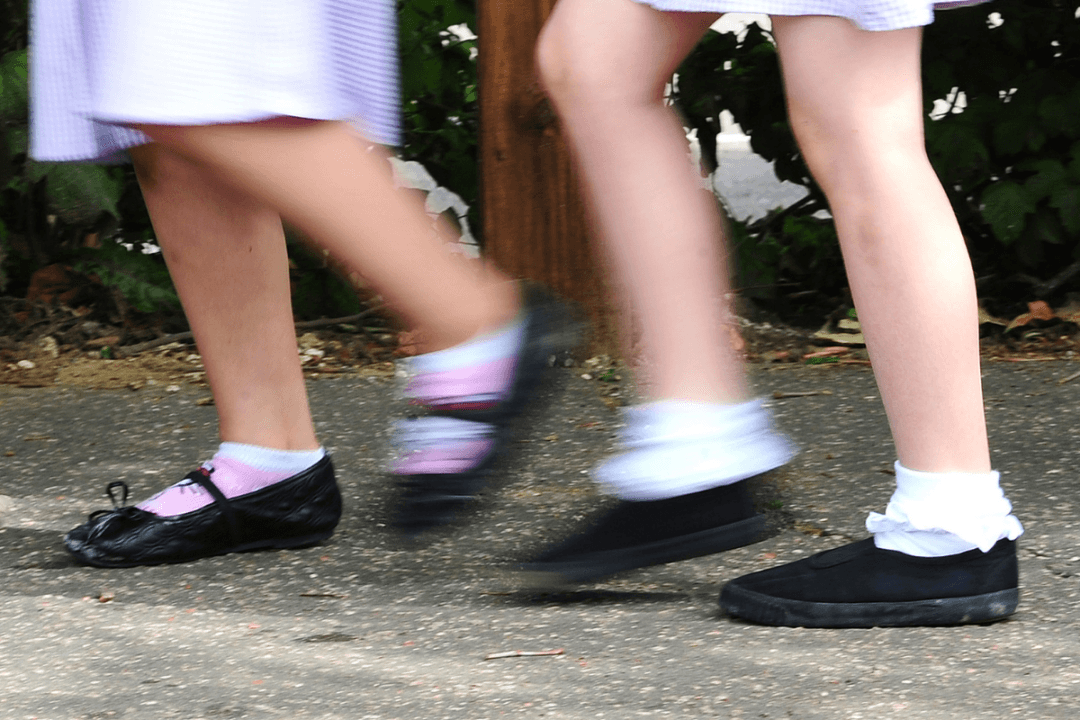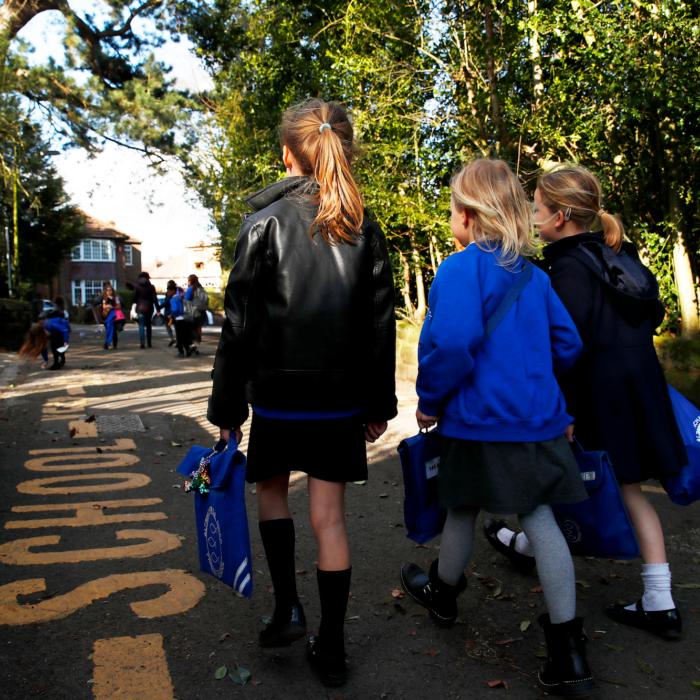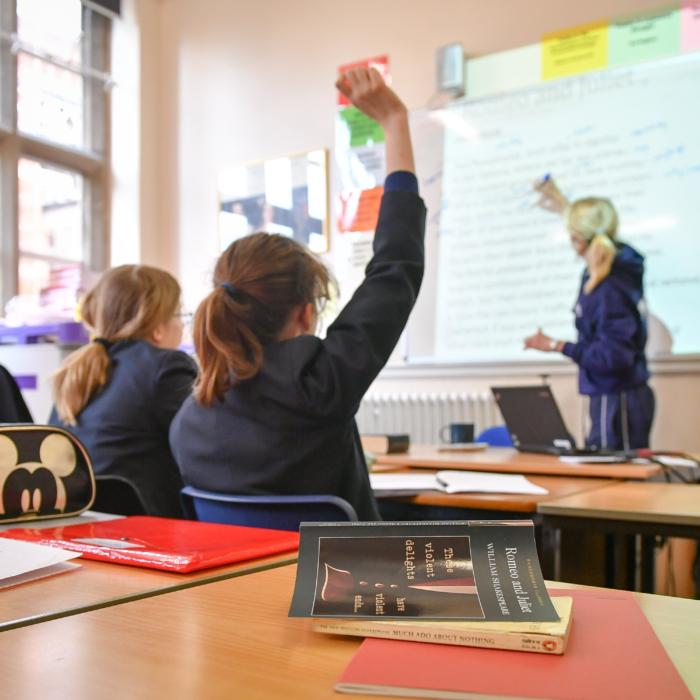The government’s decision to apply VAT on private school fees will have a “seismic impact” on girls’ education, the Girls’ Schools Association (GSA) has said.
President of the GSA Alex Hutchinson said in a speech on Monday that girls’ schools play a “pivotal role” in improving women’s life chances and that it was “right” to hold the government to account over its decisions.
Addressing more than 150 headteachers at the GSA conference in Manchester, Hutchinson said: “Our schools have always been at the forefront of raising opportunities for young women through education.
“The Government’s VAT policy has the potential to have a seismic impact on girls’ life chances. It is forcing stark and unfair choices upon hard-working families.”
The president of the GSA, which represents both independent and state girls’ schools across the UK, said “no political decision should adversely impact young people.”
‘More Pressure on State Schools’
After Labour won the July election, the government said VAT would be introduced on private school tuition and boarding fees from January 2025. The administration said that revenue raised would be spent on improvements in the state school system, including on 6,500 new teachers, 3,000 new nurseries, and mental health specialists in every school.Ministers have previously suggested that schools may absorb some of the increase, rather than passing on all of it to parents. The government expects that on average, private school fees could increase by 10 percent.
The government also predicted around 35,000 children will be forced to move into the state sector over time.
Assistant Professor Joshua Fullard from Warwick Business School has warned that the government’s tax raid on private schools “is going to put more pressure on state schools–with raising pupil numbers–without giving schools the funds they need to staff their schools.”
Fullard added that the largest issue in the education sector was teacher recruitment and retention, with one in 10 teachers leaving the profession every year “and we don’t have enough coming in to replace them.”
Legal Challenges
The plans are unpopular with educators from across the sector, particularly those concerned about the impact the changes will have on special needs pupils and small faith schools.The group wrote to the government saying its plans contravene the European Convention of Human Rights on numerous grounds, including Article 14, which lists religion as a protected characteristic.
Andrea Williams, chief executive of the Christian Legal Centre, said VAT will make independent faith schools unaffordable for many families and may force some small faith schools to close.
“It is unfair, and we argue, it is a breach of their human right to impose VAT on such schools. Labour must row back on this policy urgently. If they don’t, we will have no choice but to pursue every legal avenue in the pursuit of justice and protection of independent Christian schools in this country,” Williams said.
Military and Diplomatic Families
Service families will also be affected by the tax. Cooke said in September the measures could force some military personnel to leave their jobs if they cannot afford to keep sending their children to private schools, with around 4,700 children in that situation.Last month, the government announced that it would increase the continuity of education allowance (CEA), which supports military and diplomatic families pay for tuition fees, allowing for a continuity of education for their children while they are on duty.
CEA can cover up to 90 percent of boarding school fees.
An Army Families Federation spokesperson had said that while it was helpful, “Soldiers in receipt of CEA will still have to make a minimum 10 percent parental contribution, which will not be protected from fee increases arising from the application of VAT.”







